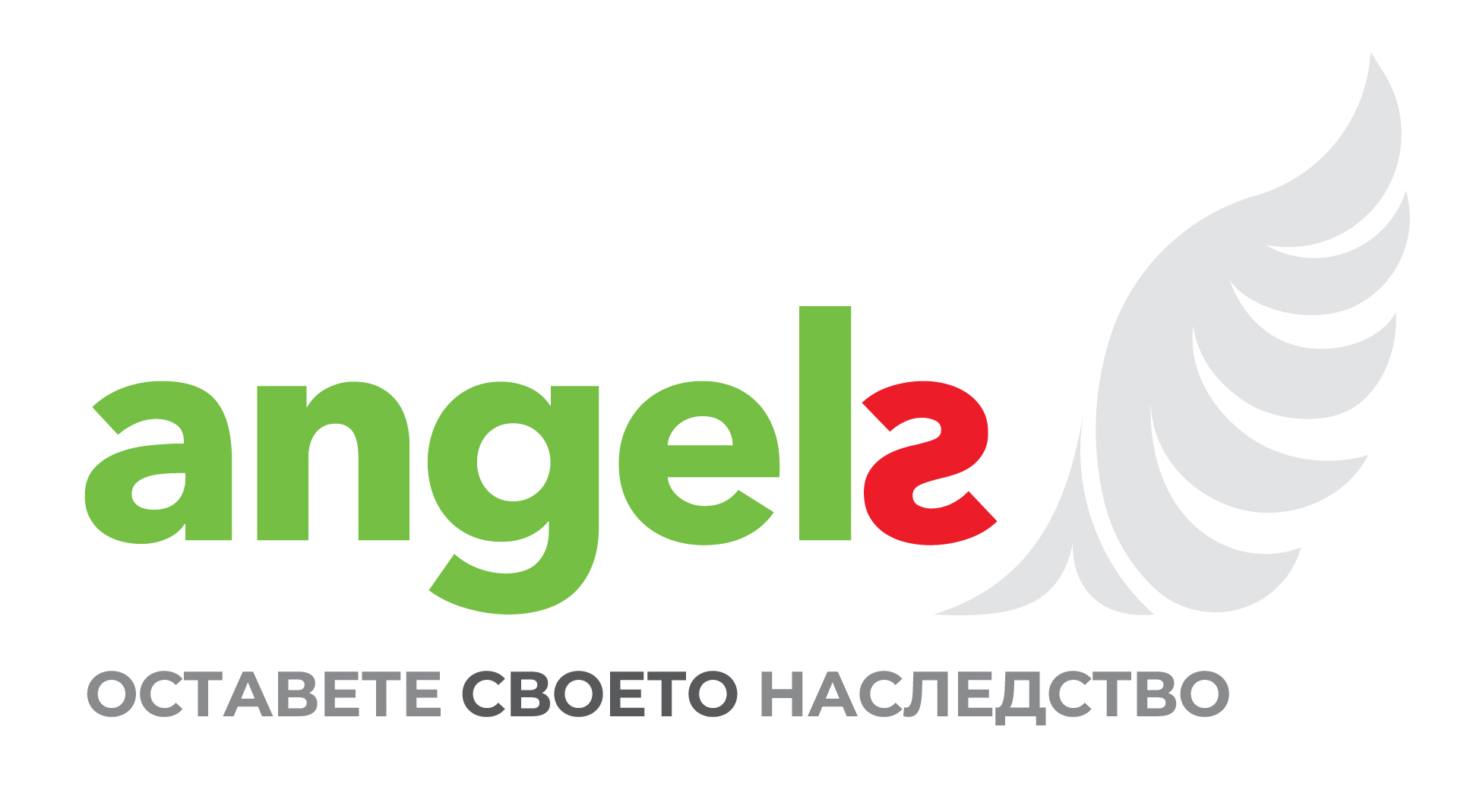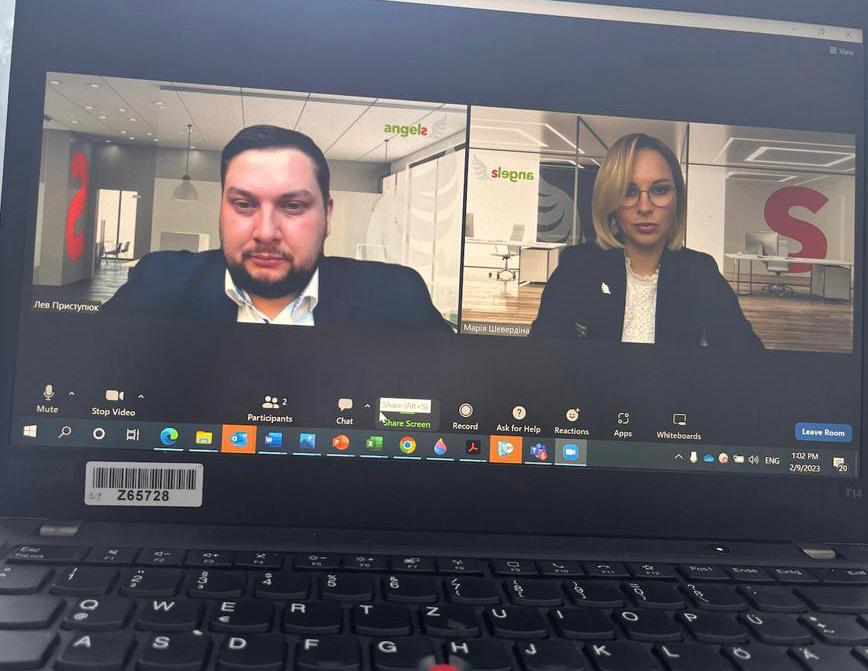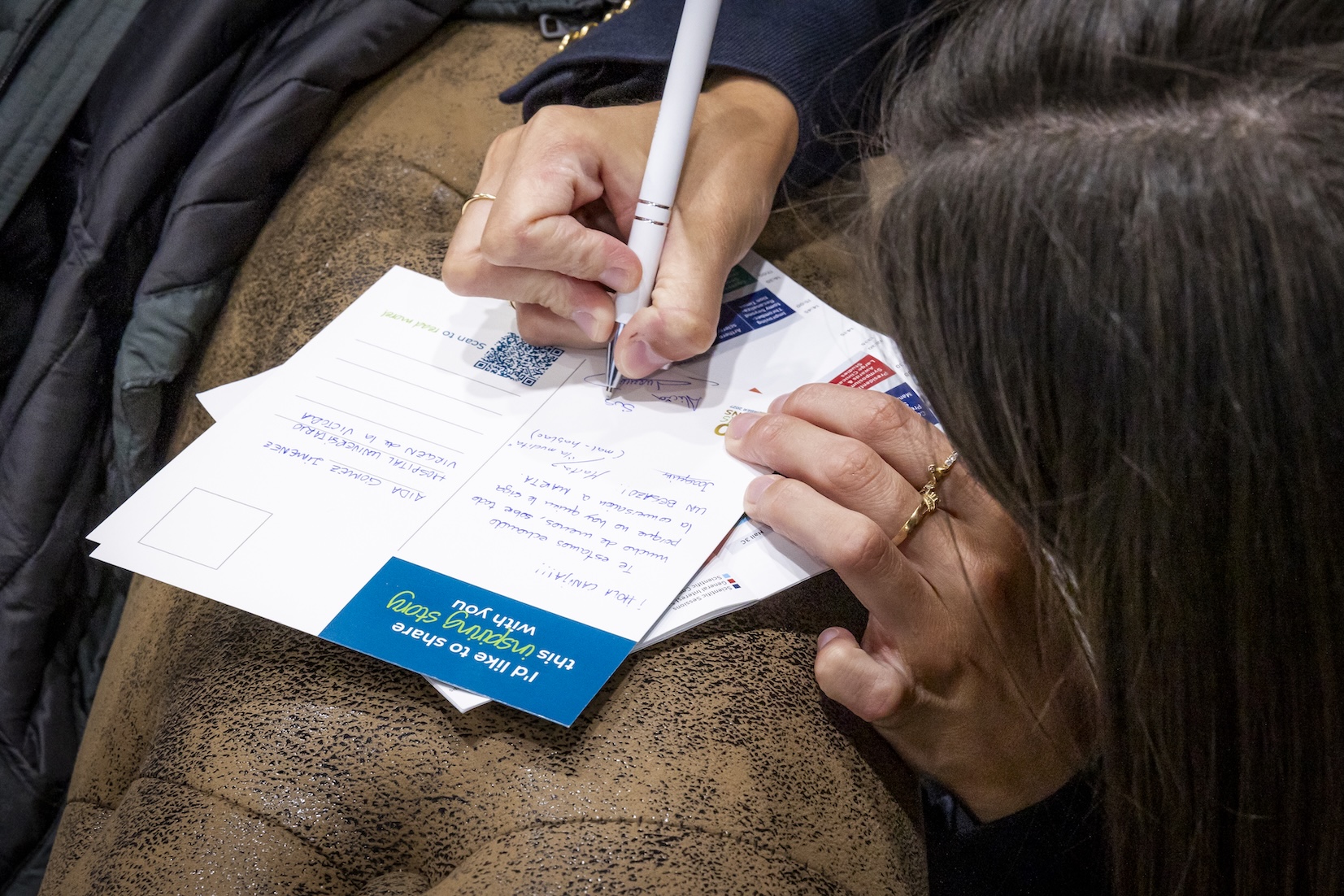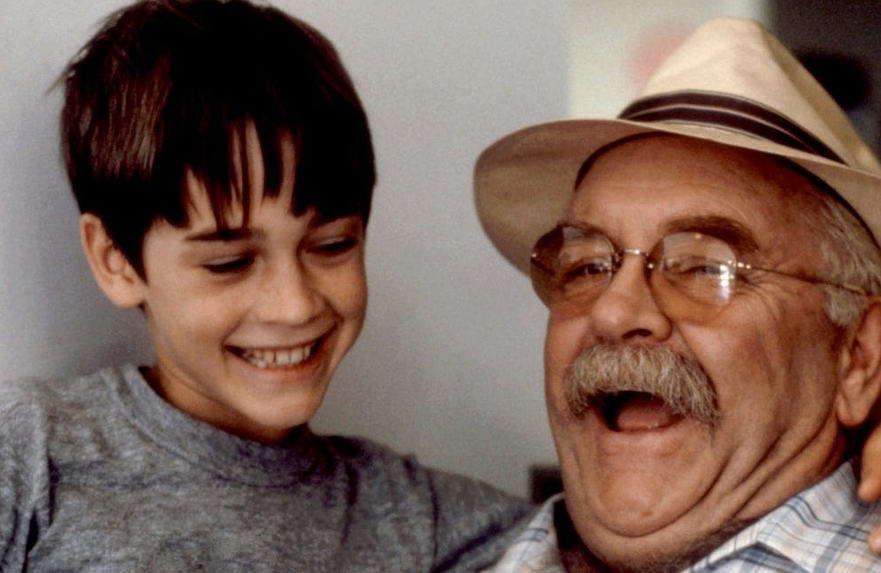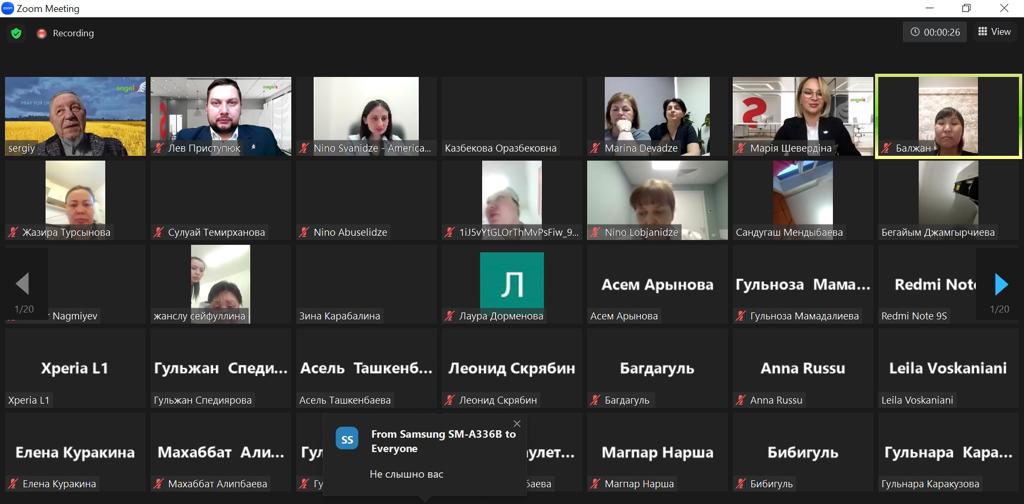
Беше 18:00 ч. в Украйна и Молдова, когато проф. Сергей Московко и консултантите на „Ангели“ Мария Шевердина и Лев Приступюк направиха встъпителни забележки във виртуалното училище за сестрински грижи за лечение на инсулт.
Вече беше време за чай в Армения и Грузия и края на работния ден в Узбекистан.
В Казахстан и Киргизстан, дори още по-на изток, слънцето вече е изгряло, когато в 18:00 ч. медицинските сестри в тези съседни централноазиатски републики се набират на среща в Zoom, която стартира четиридневен семинар за обучение на медицински сестри за инсулт.
В четири последователни четвъртъка между 9 февруари и 2 март те ще споделят виртуалната си класна стая с медицински сестри от 117 болници в шест държави, като получават инструкции по теми, вариращи от правилното поставяне на сонди и катетри, хранене, позициониране и протокола FeSS, до смекчаване на психологическото въздействие на инсулта върху пациентите и техните семейства и върху медицинските сестри, които се грижат за тях.
Въпреки че вероятно не сте могли да разберете от спокойното им поведение, украинските консултанти на „Ангели“ Лев и Мария, организаторите на събитието, са прекарали една яростна сутрин. През трите седмици след отварянето на регистрацията около 500 медицински сестри са се регистрирали за обучение, което е число, което те считат за голям успех. Но когато сутринта се появи, те забелязаха, че се случва нещо необикновено.
Лев и Мария гледаха с удивление екраните си, тъй като броят на регистрациите нарасна от 500 на 600 за 10 минути. През следващите 10 минути той се повиши до 700. Тридесет минути преди началото на семинара те отправиха спешни обаждания към екипа си за техническа поддръжка и един към друг. Деветстотин медицински сестри вече са се регистрирали за събитието и броят им продължава да расте.
До 18:00 ч. всички те бяха готови да излъчят уебинара на 1000 участници, а Училището за сестрински грижи за лечение на инсулт започна с летящ старт.
Медицинските сестри играят решаваща роля във всички фази на грижите при инсулт, казват Лев и Мария. Всъщност, проучване от 2016 г. за преживяемостта при инсулт от изследователи от Университета в Абърдийн установи, че оптималният брой медицински сестри за осигуряване на грижи за пациент е най-добрият предвестник за оцеляване. Увеличението само на една обучена медицинска сестра на 10 легла може да намали 30-дневната смъртност с до 28%, а едногодишната смъртност с до 12%.
Не може да има съмнение, че предоставянето на обучение за инсулт на медицинските сестри спасява животи, особено ако обучените медицински сестри сами станат шампиони по инсулт и споделят знанията си с колегите си. Това експоненциално въздействие върху качеството и оцеляването при инсулт прави непосилен аргумент за инициативи за дистанционно обучение като тези на екипа на „Ангели“ в Украйна, който през ноември 2022 г. също проведе уебинар за над 200 украински медицински сестри.
Технологичните инструменти за споделяне на информация с отдалечени аудитории по време на пандемията се оказаха безценни във военно време. Освен това Лев и Мария могат да разчитат на експертното участие на някои от основните движещи сили за подобряване на грижите при инсулт в Украйна, включително проф. Московко, д-р Дмитро и Павло Лебединец, номиниран за Spirit of Excellence за 2023 г. д-р Михайло Тончев, известният специалист по бойни здравни грижи д-р Юри Ворохта и водеща медицинска сестра за инсулт, Олга Ярмак.
Но интернет-базираните инструменти за споделяне на информация също са добри за преминаване на границите, така се появи онлайн училището за сестрински грижи през февруари. Това беше възможност за положително въздействие върху грижите при инсулт в още шест държави, ръководени от консултантите на „Ангели“, които бяха съответно изместени от войната и в гъстата част на нея, и подкрепени от същата щедра гама от украински експерти по инсулт.
В началото на тяхното планиране Лев и Мария споделиха концепцията на семинара с националните координатори по инсулти на съответните държави, които от своя страна разпространиха думата до настоящите и потенциалните болници, готови за инсулт на тяхна територия. Освен че осигурява на медицинските сестри в тези болници специфични за инсулта умения, целта беше да се променят възприятията за ролята на медицинските сестри, да им се даде възможност да прилагат новите си знания в своите болници и да се улесни споделянето на опит между медицински сестри от различни страни.
Нивата на грижи варират в различните държави, казват Мария и Лев. Но въпреки че стандартът на сестринското образование като цяло е нисък, интересът към придобиването на умения е висок. Същият апетит за научаване, който изпрати регистрационни номера, извисяващи се преди събитието, също се прояви по време на въпросното време, което завърши сесията всеки ден.
Семинарът за всеки ден беше планиран да продължи 2 часа, но тъй като презентаторите задаваха редица въпроси, всички скоро загубиха време. Когато всяка сесия приключи, това беше след 18:00 часа в Украйна и Молдова, като се отправи към 21:00 часа в Армения и Грузия и близо до 22:00 часа в Узбекистан.
А в Казахстан и Киргизстан беше доста време за лягане за новоовластени медицински сестри, които имаха сутрешната смяна.
